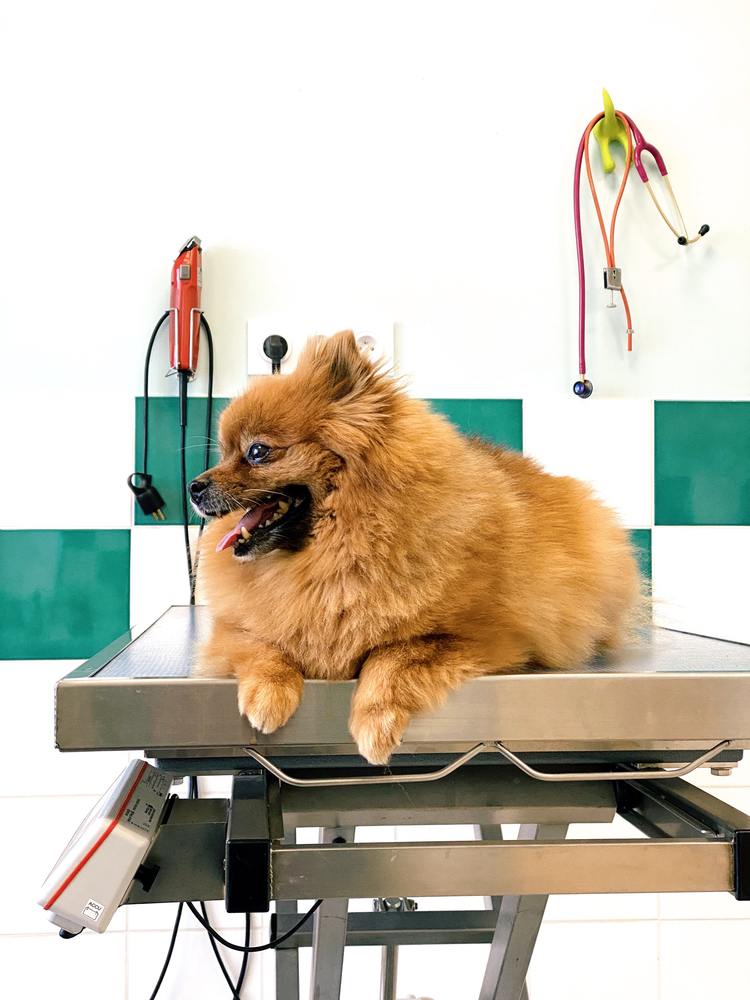Healthy dogs and their overflowing zest for life are a sight to behold. Seeing a dog race around the park, fetch with enthusiasm, or offer a comforting nuzzle brings undeniable joy. But maintaining this high-spirited healthiness requires sharing some responsibility with our veterinary friends. One question often niggles at the back of the dog owner’s mind is, “How frequently should a healthy dog undergo a vet exam?”
To answer this question satisfactorily, we’ll draw on various topics, from age, breed, and size, to the dog’s health history and activity levels. So, sit, stay, and fetch some valuable insights as we dive into the world of canine examinations and healthcare routines.
The Lifespan of Dogs
The lifespan of dogs can be divided into three broad stages — puppy, adult, and senior — each of which carries its unique health concerns and veterinary needs. Understanding where your dog fits on this continuum is crucial in deciding how often they should have their nose-to-tail check-ups.
Puppy Vet Visits
Although they come in small, incredibly adorable packages, puppies have big health needs. Starting from their curious exploration stage, puppies should undergo regular vet visits. These early years are pivotal for vaccinations, monitoring growth trajectories, and establishing preventive healthcare routines. In most cases, a monthly vet appointment might be the best approach to keep your little furball in top health.
Adult Dog Vet Visits
Once they cross the puppyhood threshold and enter adulthood, vet visits might no longer be as frequent. Generally speaking, healthy adult dogs should have a comprehensive vet examination at least once a year. These appointments are significant as they allow the vet to monitor your dog’s general and dental health and provide any necessary booster shots.
Senior Dog Vet Visits
Like the sun setting, when our feisty fur friends enter their twilight years, health concerns start to take a different shape. Naturally, dogs are more prone to chronic illnesses and age-related diseases as they age. Consequently, it is generally advised that senior dogs have vet consultations twice a year, at the very least.
Health Check-Ups for Different Dog Breeds
The close interplay between breed and health cannot be overstated when it comes to routine vet check-ups.
Purebred Dog Health Checks
Breed-specific health issues can sometimes beset purebred dogs, necessitating more frequent monitoring and vet visits. While these dogs may boast an impressive lineage, this doesn’t exempt them from a regular dog check up.
Mixed-Breed Dog Health Checks
In the case of mixed-breed dogs, the genetic complexity warrants an individualized approach to their health monitoring. Even the healthiest-looking mutt should have a routine health examination at least once a year.
Health Check-Ups for Different Dog Sizes
Size is another significant determining factor when it comes to the frequency and nature of vet visits. For smaller dog breeds, a twofold scenario unfolds. One, their diminutive size makes them prone to several dental issues. And two, joint problems will likely arise due to their vertical challenges — a condition faced by dachshunds and basset hounds. On the flip side, the health concerns of large and giant breeds naturally lean towards skeletal and joint-related problems, like hip and elbow dysplasia.
When it comes to routine vet exams, there’s more under the scope than meets the eye. A routine check-up usually presents an all-encompassing healthcare measure for your furry friend. For instance, dental checks, heartworm testing, and pet surgery consultations form part of the services usually included in a routine vet visit, further bolstering preventive care for your pet.
Special Considerations for Vet Check-Ups
Apart from breed, size, and age, other factors also come into play in determining how frequently a dog should visit the vet. These factors encompass a range of conditions, from breed-specific health issues and preventative care needs to managing and monitoring chronic conditions. Moreover, if your dog is involved in professional activities, be they show dogs, working dogs, or service animals, their health monitoring needs will likely differ and may necessitate more frequent check-ups.
Vaccinations: A Key Part of Your Dog’s Healthcare
Vaccinations are crucial in keeping our pet pals safe from preventable diseases. Pet vaccinations form an integral part of your dog’s health care schedule. These preventive measures should never be considered optional and should be updated during your dog’s routine vet visits. This way, your pet hedges against most preventable diseases, a huge leap toward their overall health and longevity.
Conclusion
So, the answer to “How frequently should a healthy dog undergo a vet exam?” isn’t as clear-cut as one might hope. It is intrinsically tied to several underlying factors unique to each dog. Hence, maintaining an open line of communication with your vet and understanding your dog’s specific health needs are paramount. Adhering to routine check-ups is a gigantic stride towards ensuring a lifetime of health and tail-wagging happiness for your canine buddy.
Remember, when it comes to your pet’s health, you’re their advocate, but you’re not alone. With the expert guidance of a trusted veterinarian and a dash of pet-parent intuition, your dog will benefit from the best possible healthcare regimen designed specifically for them. Here’s to countless healthy, happy doggy years ahead.

